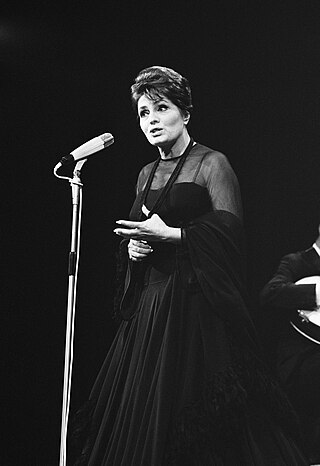
Amália da Piedade Rebordão Rodrigues, known as simply Amália Rodrigues or popularly as Amália, was a Portuguese fado singer (fadista).

Carlos Paredes was a virtuoso Portuguese guitar player and composer. He is regarded as one of the greatest players of Portuguese guitar of all-time.
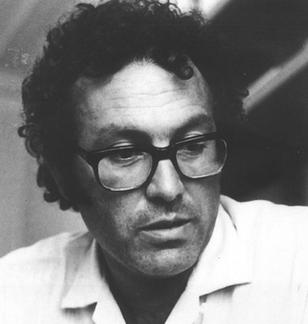
José Manuel Cerqueira Afonso dos Santos, known professionally as José Afonso and also popularly known as Zeca Afonso, was a Portuguese singer-songwriter. He is widely regarded as one of the most influential figures in the history of Portugal's folk and protest music scene. His music played a significant role in the resistance against the dictatorial Estado Novo regime, making him an icon in Portugal.

The Gift is a Portuguese alternative rock band, formed in 1994. They have released eight albums to date. In 2005 they won the MTV Europe award for best Portuguese act.

Rui Manuel Gaudêncio Veloso is a Portuguese singer-songwriter and musician. Commonly called "The father of Portuguese rock", Veloso was a major figure in the boom of Portuguese rock music in the 1980s. His 1980 debut album Ar de Rock, which includes the hit single "Chico Fininho", is considered a landmark of Portuguese rock. During the 1980s and 1990s, Veloso released numerous other successful singles and albums in Portugal.

Carlos Manuel de Ascenção do Carmo de Almeida, better known as Carlos do Carmo, was a Portuguese fado singer.
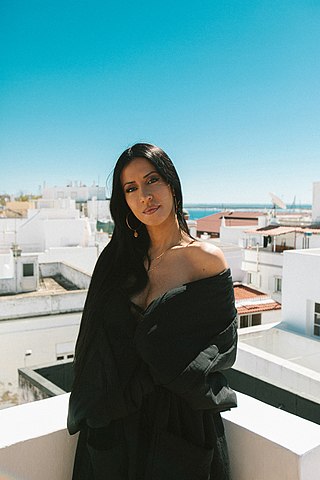
Ana Cláudia Moura Pereira, known as Ana Moura, is a Portuguese fado singer. An internationally recognized singer, she was the youngest fadista to be nominated for a Dutch Edison Award.

Dead Combo were a Portuguese band, consisting of Tó Trips and Pedro Gonçalves. Dead Combo played mostly instrumental music with a wide range of influences, such as Latin American music, Spaghetti Western film soundtracks, fado, African music, blues, rock, and others.

Katia Guerreiro is a South African-born Portuguese fado singer, who has released eight albums and has received several awards, including Order of Arts and Letters, Chevalier rank, from the French government and the Order of Prince Henry from the President of Portugal.
Susana Félix is a Portuguese singer, songwriter, musician, actress, producer.
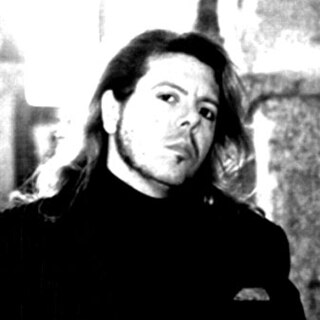
Pedro Luís Neves is a Portuguese modern composer of classical music and author of several other genres.
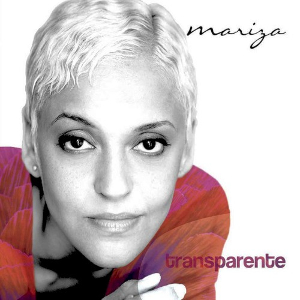
Transparente is the third studio album by Portuguese fado singer Mariza, released on 25 April 2005 by EMI Music Portugal. It was recorded in Brazil and produced by Brazilian musician Jaques Morelenbaum.
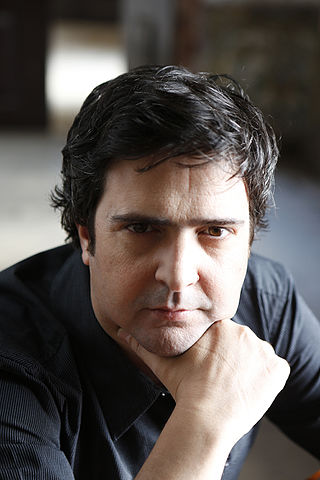
Hélder António Moutinho Paiva dos Santos, artistically known as Helder Moutinho is a Portuguese singer and songwriter, and one of the most distinguished artists in the Fado genre. He's also the brother of two renowned Fado singers, Camané and Pedro Moutinho.

Ar de Rock is the debut album by Portuguese musician Rui Veloso, released in July 1980 by EMI-Valentim de Carvalho.

Júlio Resende is a Portuguese pianist and composer. He is a pioneer of a unique and new genre called "Fado-Jazz". His improvisation techniques are transversal to his aesthetics, and articulate different musical genres, from Jazz, Fado, Classical Music and even Electronic Music.

Marta Dias is a São Toméan Portuguese singer of jazz, world music and fado who has recorded several solo albums and has additionally recorded and toured extensively with guitarist António Chainho. She has also appeared on several Hip hop releases, including the Ithaka song, Escape From The City Of Angels, which appeared in Columbia Pictures's feature film release, The Replacement Killers in 1998.

José Mário Branco was a Portuguese singer-songwriter, actor, and record producer.
Maria Isabel Rebelo Couto da Cruz Roseta, known professionally as Cuca Roseta, is a Portuguese fado singer, composer, and model. Roseta is considered one of the most important fado representatives of her generation, appearing early in her career in the movie Fados by Spanish director Carlos Saura. Fado, a musical genre that originated in Lisbon in the early 19th century, is traditionally characterized by feelings of resignation and melancholia, but Roseta's style also incorporates more upbeat influences from world music. She has released seven studio albums with producers including Gustavo Santaolalla and Nelson Motta, has toured extensively, and collaborated with different artists including David Bisbal, Karl Jenkins, and Stewart Sukuma. Roseta has appeared in the Portuguese versions of the television shows Got Talent and Rising Star as a judge, and as a competitor in Dancing with the Stars. She has worked toward causes such as road safety and environmental sustainability, and in 2021 gave a series of hospital concerts to the health professionals fighting against the COVID-19 pandemic.
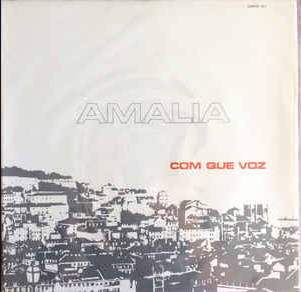
Com Que Voz is a fado album recorded by Amália Rodrigues in January 1969 and released in March 1970 on the EMI and Valentim de Carvalho labels. It reached No. 1 on the Associação Fonográfica Portuguesa (AFP) chart in Portugal. Amália was accompanied on the album by Pedro Leal on viola and José Fontes Rocha on Portuguese guitar.

Nuno Miguel Cândido Gonçalves, better known as Nuno Gonçalves, is a Portuguese musician, composer and pianist-keyboardist, founder and band member of the Portuguese band The Gift. Some of the band's biggest hits were created by him, including Music, Driving You Slow, Fácil de Entender, Primavera and Clássico.


















